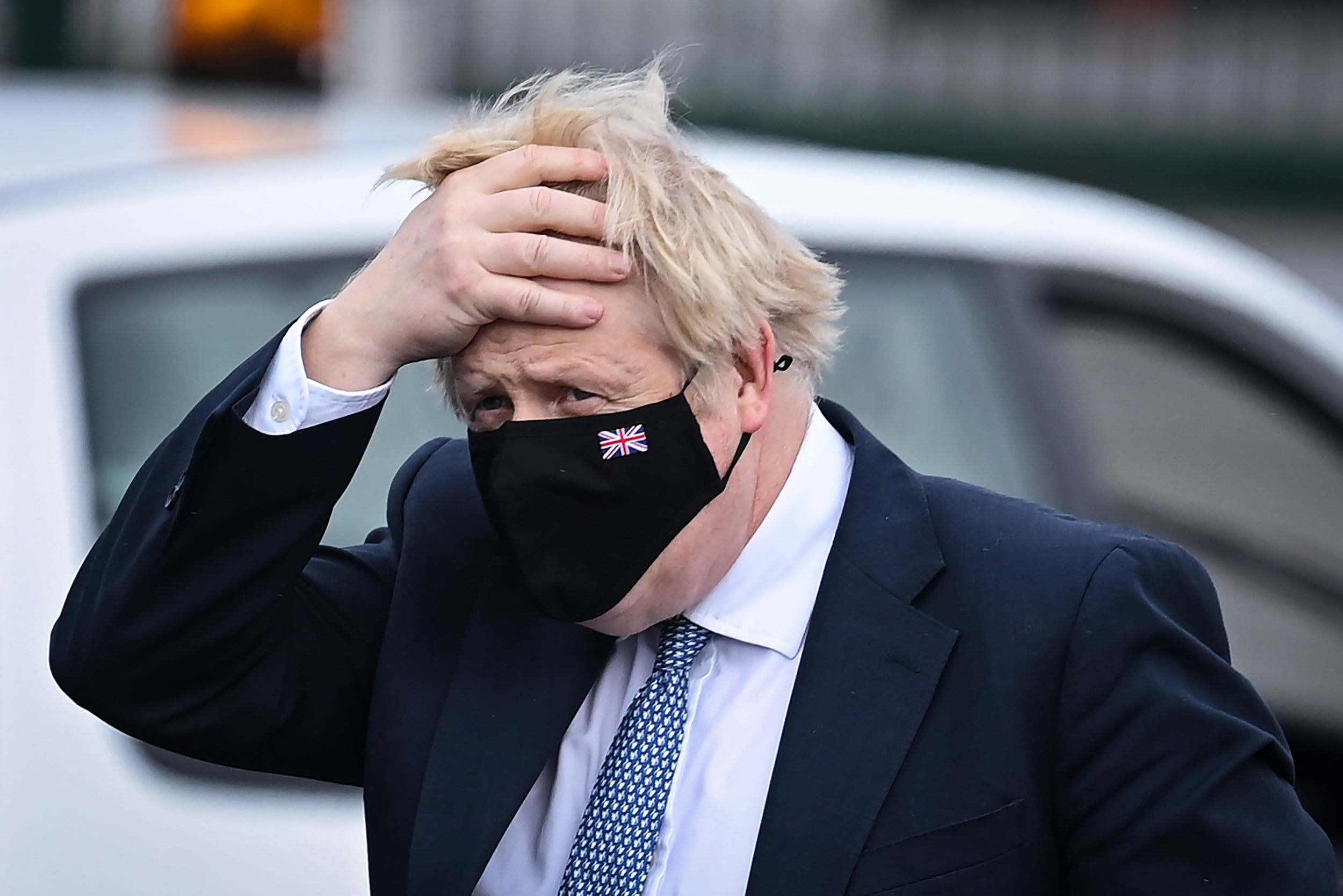Tory MPs are happy to ditch Covid restrictions early – but are voters?
As a group of people, Conservative MPs see themselves as particularly wedded to individual freedom and averse to being told what to do, writes Andrew Woodcock


Boris Johnson’s surprise announcement that he was bringing forward the end of Covid restrictions in England to the end of this month may have been greeted with alarm by some scientists, but it won hearty cheers on the Conservative benches at PMQs.
Speaking to Tory MPs in Westminster, it is clear that a large majority want to hasten the end of curbs to normal social and economic life, and believe that they reflect public opinion in doing so.
Their confidence appears little shaken by surveys suggesting voters are far more wary of shedding the final Covid chains, such as a YouGov poll this week which found 75 per cent want the legal requirement to self-isolate after a positive test to remain in place at least for the next few months.
Setting the parties in Downing Street aside, Tory MPs have largely been as rigorous as anyone else in observing regulations during the pandemic. But it has been very obvious that they, more than any party’s representatives, have chafed at them – ostentatiously pulling scarves over their faces rather than using approved masks, and removing coverings as soon as they became optional.
Many have baulked at the limitations on business activity imposed by the prime minister, and the massive borrowing run up by chancellor Rishi Sunak, which – they regularly point out – will have to be paid off by future generations of taxpayers.
Privately, in tearoom chats and on their WhatsApp groups, there are loud grumblings about the safety-first approach of professors Sir Chris Whitty and Sir Patrick Vallance, and scepticism about the gloomy forecasts churned out by epidemiologists. Charts indicating that the negative impact of the Omicron variant has undershot even the most optimistic predictions of the scientists are gleefully exchanged.
At root, whatever the public justifications, the explanation for Tory enthusiasm for easing restrictions seems to rest in a different mindset to that of MPs from other parties. As a group of people, they see themselves as particularly wedded to individual freedom and averse to being told what to do. They dislike the “nanny state” and resent having been put into a position where their own party has imposed the tightest controls on the British people in history, outside of wartime.
To keep up to speed with all the latest opinions and comment, sign up to our free weekly Voices Dispatches newsletter by clicking here
Temperamentally, they are attracted to the idea of “risk” also offering opportunity. As one told me: “There’s a risk in avoiding risk because it means missing out on the chances you might have taken.”
All of which are valid points of view. But polling evidence suggests it may not be one shared by a majority of Britons, or even a majority of Conservative supporters.
If Mr Johnson’s risk-taking pays off and Omicron dwindles away to no more than a background irritant like flu, and no new and more virulent variant rises up in its wake, he will win the applause of his party and may even earn some gratitude from the public for handing them back their freedoms.
But if permission for people with positive tests to go out into the streets, workplaces and pubs leads to a renewed spread of the virus and another spike in hospitalisations and deaths, there are at least some Tory MPs who are worried that voters will punish them for casting off their shackles too soon.
Yours,
Andrew Woodcock
Political editor






Join our commenting forum
Join thought-provoking conversations, follow other Independent readers and see their replies
Comments